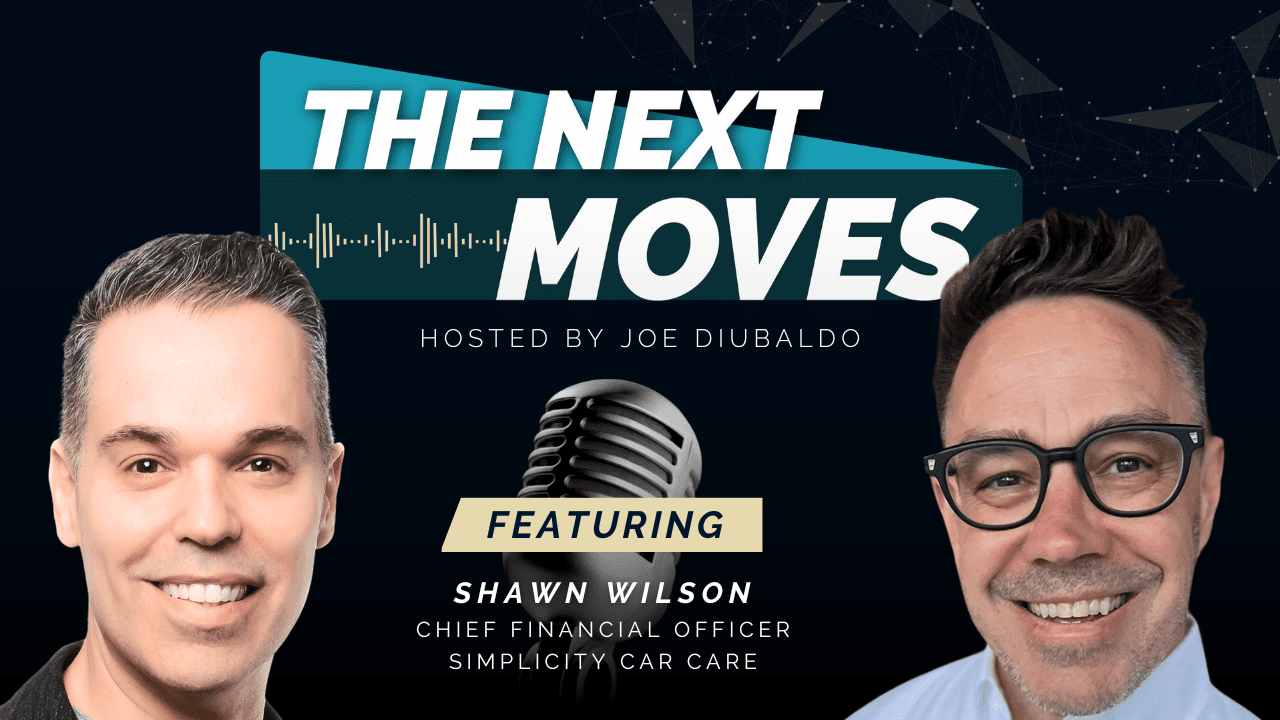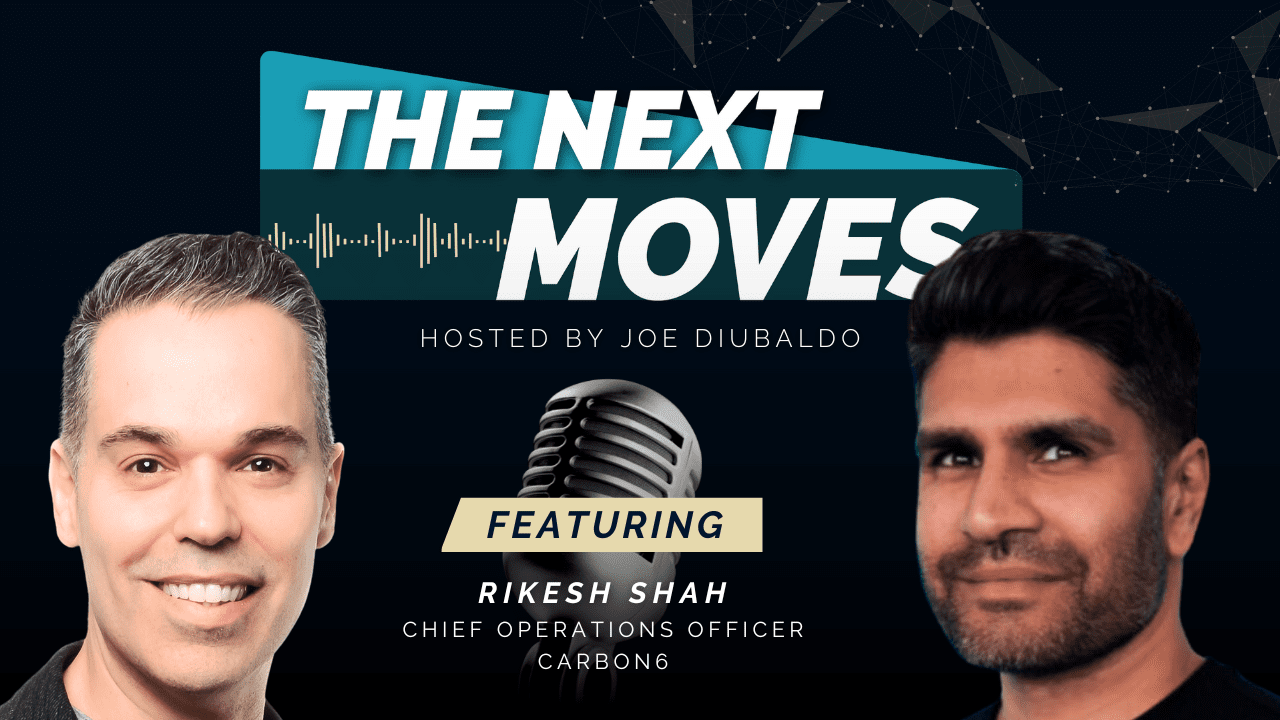In the second part of our story on Jim Caltabiano, the Vice-President and CFO of Campbell Company of Canada explains how, after a small “detour,” he found his way back on the path to success.
So you’d left Campbell’s to pursue something different. What was your next opportunity?
With the help of recruiters, I was able to land a position as Senior Director of Business Planning at Whirlpool Corporation, one of the world’s largest manufacturers and marketer of home appliances. The week that I joined Whirlpool, however, also happened to be the week that Lehman Brothers went bankrupt. As a result, the credit markets were freezing up.
Now, in consumer durables manufacturing, you have really large fixed cost structures so when the credit markets are frozen and your sales volumes are down, you just don’t have the free cash flow to invest in brand-building and marketing as desired. (CPGs, by contrast, generally have stronger cash flows.
So once again, I found myself working under very different conditions than I’d expected when I first took on the position. About six months into the job, I realized that this wasn’t the industry for me and that I’d be happier back in a CPG environment. I told my very supportive wife that I was really still passionate about my old industry, and started looking for a new opportunity.
It’s not typical for a person to leave a company, and then return. How did you find your way back to Campbell’s?
I’d managed to stay connected to my network . As it happens, the company’s previous CFO was moving to the U.S. , so they needed someone to fill the vacancy here. The people at Campbell’s knew me, since I’d worked alongside them. They knew the kind of person I was and how hard I’d worked at my job, even though the role I ended up doing wasn’t exactly the one I’d signed up for.
So ironically, that earlier “setback” ended up rebounding in my favour. It definitely helped that I’d left on good terms, and had kept in touch with my connections there while I was working elsewhere.
“If you have the chance to work in a different country, you should take it.”
The fact that I’d recently worked in Canada in a similar role with General Mills was also a boon. It meant that I was already familiar with the marketplace here, which is considerably different from the American one — there are fewer customers (more consolidated retail environment), and it’s a higher-cost market in which to. In any case, Campbell’s seemed confident that I understood the specificities of the Canadian retail environment and could do the job.
What advice would you give new graduates who are looking at a career in Accounting and Finance?
I’d look into getting into some form of rotational program. The days of slowly and patiently climbing the corporate ladder are fast disappearing — organizations are becoming flatter and flatter. If you want to really improve and expand your skillset, one of the best ways to do so is to take on new and different assignments. That kind of experience and diversity will make you a more valuable and effective business partner.
The other thing I’d suggest to young professionals is that they try to change geographies at least once in their careers. Toronto is a really unique place in that everything is just “here.” Much of business in Canada takes place within the GTA, so people are tempted, for obvious reasons, to stay here all their lives.
However, I strongly recommend that you look for opportunities to go on international assignments. Exposure to other places will make you a more flexible and diverse businessperson; it forces you to learn how to work in different cultures, with different market opportunities and constraints. If you have the chance to work in a different country, you should take it.
“We’re constantly being told to focus on our weaknesses, rather than our strengths….I’m a firm believer in building on your strengths.”
How do you see your role as CFO at Campbell’s?
In broad terms, I view the role that I play here as that of enabling the business. Certainly, I have the classical fiduciary responsibilities: sales finance, supply chain finance, financial planning and analysis, controllership, and so on. There are people who probably have more of a natural grasp of those things — I imagine they would manage this job differently, as a more traditional CFO.
I believe that everyone has their own comfort zone, their own area of expertise, which they can play big. That’s what I try to do. Partnering with the business and focusing on operations — this is where I excel and how I differentiate myself as a CFO. It didn’t take me long in my role to figure out that this was a space I could maximize and make my own. And I honestly love this side of the business. I count myself very lucky to be able to be involved with both .
We’re constantly being told to focus on our weaknesses, rather than our strengths. Don’t get me wrong: you should be aware of your limitations, so that you can have the right kind of support in place, the right people in the right roles, to compliment your strong points (and compensate for your weaknesses). I’m fortunate to have a really great group of people reporting to me. But at the same time, I’m a firm believer in building on your strengths.
Jim Caltabiano has built an incredibly successful career on his unique strengths. The skill and confidence with which Jim has consistently negotiated the minor bumps, swerves, and setbacks along his road to success afford an important example for accounting and finance professionals. As much as it requires preparation and deliberation, success, Jim explains, also depends on your willingness to be “not too rigid in your planning.”
Let us know what you think! At Clarity Recruitment, we’re always interested in hearing from accounting and finance professionals like yourselves, who are ready for new, exciting opportunities that can take their careers to the next level. And be sure to follow us on Twitter (@clarityrecruits) and connect with us on Facebook for more great tips and advice!



